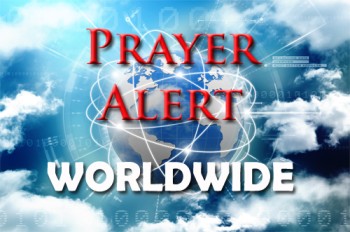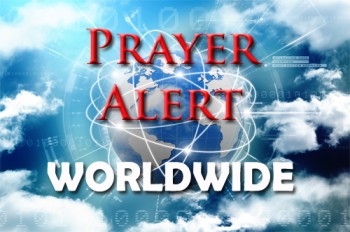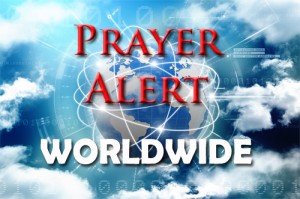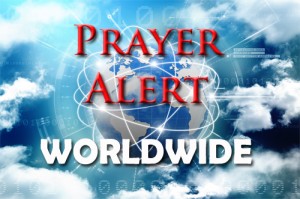Displaying items by tag: financial crisis
Lebanon: elderly in hardship and helpless
11% of Lebanon’s population is over the retirement age (65), and 80% of retired people have no health care coverage. Previously Habeeb and Elham had a good life; they could eat meat, afford medicine and have the lights on. But those times are over. When Habeeb retired their income stopped and now the 80-year-olds face poverty and uncertainty. ‘There is no government pension when you are old, no one is helping. How can we pay our bills?’ asks Habeeb with tears in his eyes. Lebanon has one of the world's worst economic crises. The Lebanese pound has lost 90% of its value since 2019. The banking system crumbled with much of the elderly’s life savings. The young are abandoning Lebanon in search of a more dignified life. Lebanese lack electricity and water, and food and medicine are difficult to import. The aid group Medonations imports medication and provides it to those who need it, and there are a few relief outlets for the vulnerable.
Lebanon: main hospital closing wards
The main coronavirus hospital in Lebanon has been forced to close operating rooms and delay surgeries amid lengthy power cuts caused by a spiralling economic crisis. Dr Firass Abiad said Lebanon’s largest public healthcare facility was ‘barely making ends meet’ and running out of fuel to power generators for power cuts now lasting 15 hours. Despite soaring summer temperatures the hospital has turned off air-conditioning units in the administrative offices and in the corridors to ensure wards and intensive care units can be cooled, as they treat over 90% of the country’s two thousand confirmed coronavirus cases. He warned that if the crippling power cuts continue, the hospital would have just enough fuel to man the generators for three weeks. The crisis at the hospital is part of the fallout of an unprecedented financial crisis and deteriorating economic conditions in the country.
Iran: people told to economise
President Hassan Rouhani's chief of staff has called upon people, in the current economic situation, to avoid buying more goods than they require. He urged merchants and shopkeepers to respect fairness in pricing commodities. Since the USA re-imposed sanctions, Iran is experiencing skyrocketing prices and shortages of essential commodities. People are hoarding medicines, foodstuffs, and baby nappies in large quantities, even in warehouses. Iran's currency fell to a record low (140% drop), and Iranians are now using money-changers in fear of further drops. The second stage of US sanctions, targeting oil exports and banking, will begin on 4 November. Experts believe ongoing political and economic challenges are fuelling widespread anger against the regime. But as the regime’s popularity decreases, the influence of the gospel increases. World Mission reported that Iran’s underground church is one of the fastest-growing in the world.
Venezuela: financial crunch, earthquake
On 22 August Venezuela’s northern coast was rocked by a 7.3 magnitude earthquake felt across the Caribbean and hundreds of kilometres away in Caracas where political leaders were celebrating their new economic plan to rescue the crumbling economy from rampant hyperinflation. They drastically removed five zeros from the bolivar and pegged it to a cryptocurrency (digital currency operating independently of a central bank) while raising the minimum wage by 3,000%. Economists fear this will worsen the financial crisis that has driven over 500,000 Venezuelans overseas this year, and warn that inflation rates could go even higher. The financial crunch and earthquake are symbolised by social media photographs showing ‘the Tower of David’, a notorious and symbolic abandoned skyscraper, now a horizontal slum, that was severely damaged by the quake. The proven oil reserves in Venezuela, recognised as the largest in the world (297 billion barrels), have been corruptly mismanaged. See also



